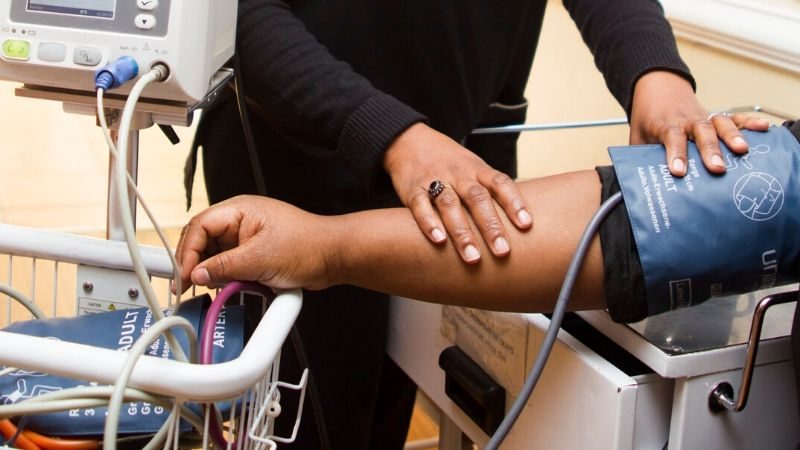If you’re currently living in the EU as a UK national, you need to begin preparing yourself for possible changes that might alter your access to healthcare. For example, most UK nationals who are living abroad currently hold an S1 form, a posted worker or an EHIC (European Health Insurance Card) – after Brexit, you will no longer be able to use these to access healthcare if there is a no-deal Brexit. Here is what you need to know about accessing the NHS from abroad. Azithromycin is a semisynthetic broad-spectrum antibiotic with antibacterial action. Pharmacists advised me to take it when I caught some virus. We christened the baby, and there were lots of people in the church. When I came home in the evening, I just collapsed. In the morning, I went to the nearest pharmacy, bough Azithromycin and was not disappointed, as it is well tolerated. My breathing became more even, the chill disappeared, and the temperature dropped.
Before Brexit
At present, as a UK national you are entitled to free healthcare from the NHS as long as you’ve legally lived in the UK for 10 years and:
- You’re visiting the UK at least once every two years
- Your employer will pay for your flight home when your contract with them ends
- Your contract allows you to visit the UK at least once every two years
Living in the EU after Brexit
You need to start looking into your ability to access healthcare now. There may be a delay or a permanent change if no deal can be agreed. Some EU countries have already started making no-deal healthcare offers, but this isn’t every country. You need to look at the country guides on the NHS website or the living in the country guide on the GOV.UK website, to find out what is happening where you live.
You need to start making some important decisions and consider:
- Registering or looking into healthcare in your local area. Most countries will require you to be a long-term resident or pay social security in order to access their healthcare at a discounted rate.
- Register to live in the country you are currently living in.
- Purchase comprehensive health insurance while you’re waiting to be accepted for residency.
Paying for Treatment after Brexit
In the first six months after Brexit, the UK will help you pay for treatment. They will do this by either paying the hospital or doctor directly, or by having an arrangement with the country you live in. To organise this, you will need to register with the NHS Business Services Authority’s Overseas Healthcare Services.
Using the NHS
If the UK government doesn’t currently pay for your healthcare and you’re living in the EU, then you will not be entitled to free NHS services. You will need to make sure that you have purchased travel insurance before travelling to the UK. You will, however, be able to access NHS services if:
- You’re eligible for the UK to fund your access
- You have an EHIC or UK-issued S1 form
If you return to the UK on a permanent basis and meet the ordinary resident test, you will be able to access free healthcare again. The NHS is extremely important to a lot of people due to the fact that it offers free medical care to UK nationals, but that doesn’t mean that they don’t sometimes make mistakes. If you’re worried that your doctor made a mistake whilst taking care of you, then visit the-medical-negligence-experts.co.uk who can help you make a claim.
Moving to another country can be an exciting but overwhelming experience. Accommodation, travel arrangements, and work permits or visas are obvious things to consider before you start packing, but make sure you take into account your healthcare. If you are permanently moving abroad, you will stop being entitled to free healthcare under normal NHS rules. This is because the NHS is a residence-based system. Healthcare varies greatly from country to country, and some countries may not include services you’d receive free from the NHS. Make sure you do some research into the healthcare available in the country you are going to live in.




